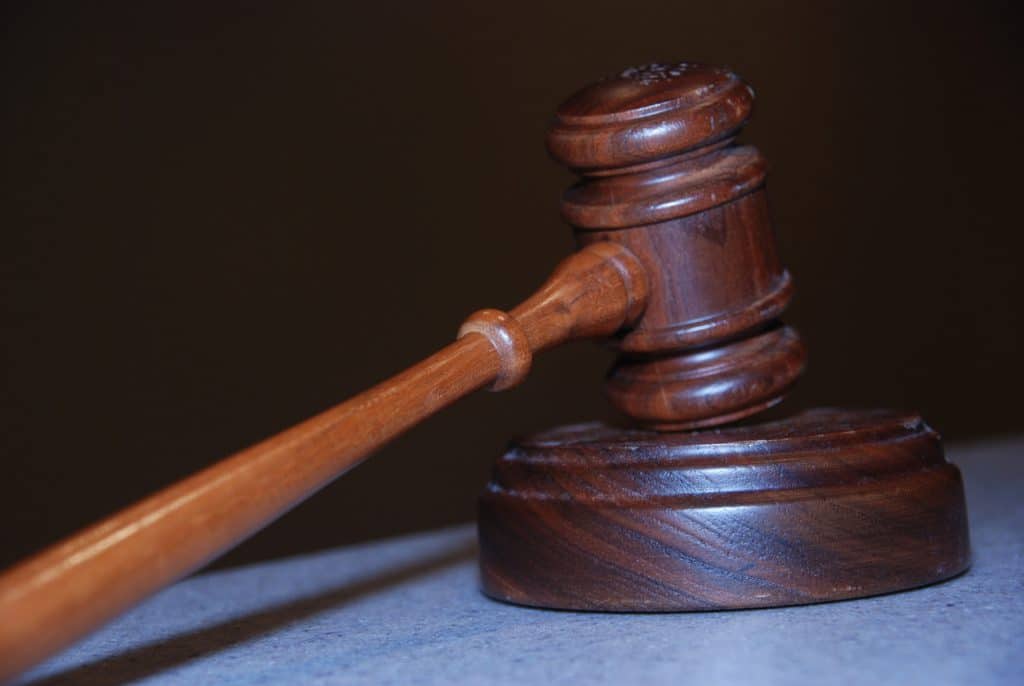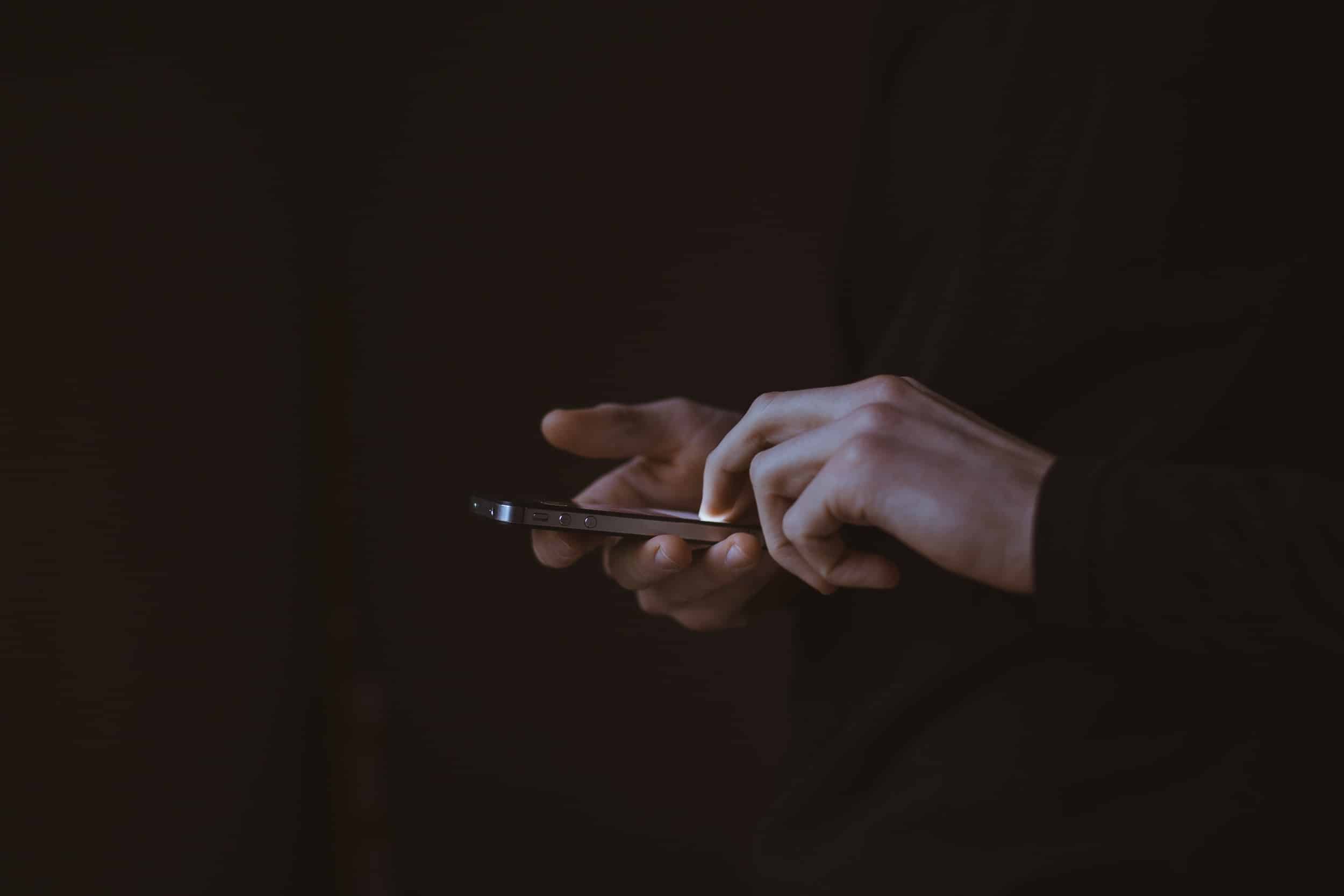
Will the courts take a bite out of Apple?
Carson Myers, Staff Writer
In the past, technology has not been synonymous with radical Islam. However, the San Bernardino terrorist attack in December 2015 proved that this is no longer the case.
When Syed Rizwan Farook and Tashfeen Malik killed 14 employees of the Inland Regional Medical Center, they were not only armed with rifles, IEDs and semiautomatic handguns. They were also in possession of an iPhone 5C, a smartphone manufactured by the Apple Corporation of Cupertino, Calif.
On Feb. 16, 2016, Magistrate Judge Sheri Pym ordered Apple to provide the FBI with software that has the ability to de-encrypt the iPhone in question. This ruling was precipitated by federal investigators’ inability to search the contents of Farook’s phone. Facebook posts made by Malik were evidence of her involvement in the San Bernardino massacre. Malik posted: “We pledge allegiance to Khalifa bu bkr [sic] al bhaghdadi al quraishi.” This was posted to Facebook after the attack began.
The terrorist duo died following a high-speed chase. As a result, Farook’s iPhone is being treated as a veritable gold mine of evidence. For now, its secrets remain untapped. Apple CEO Tim Cook has refused to cooperate with the court order. Hours after the order was served, Cook wrote a letter to Apple customers in which he refuses to de-encrypt the iPhone.
Cook’s apprehension is based upon his belief that it would be impossible to keep other iPhones secure if there was a way to de-encrypt them.
Courtesy of unsplash.com
“The FBI wants [Apple] to make a new version of the iPhone operating system, circumventing several important security features, and install it on an iPhone recovered during the investigation. In the wrong hands, this software — which does not exist today — would have the potential to unlock any iPhone in someone’s physical possession,” said Cook.
Since the court order was served, Apple has remained in contempt of court which will most likely result in heavy fines. Some have even speculated that Cook could be convicted individually and imprisoned. Due to the high publicity of this case, Americans are taking sides. Everyone from public figures to armchair politicians are opining on what steps should be taken by Apple.
“I have been reeling back in surprise because I didn’t think a company would set itself above the law,” said Calif. Sen. Dianne Feinstein. “Particularly a California-based company like Apple.”
Supporters of the court order argue that new de-encryption software is necessary for national security. According to Attorney General Loretta Lynch, the actions of Apple are a threat to public safety. Some question why Cook is making a moral objection to unlocking the iPhone in question when Apple has unlocked several iPhones for federal investigators in the past. Many believe that this fact alone should nullify the argument that Apple’s actions are based on protecting privacy. Staunch supporters of Apple disagree.
“This [court order] is the federal government making a move on a private corporation and this was strategically planned — this was a specifically chosen event by the FBI,” said conservative talk show icon Rush Limbaugh. “In fact I don’t even think what’s on this phone is the real target for the FBI and the government. I think it’s just the way they’re getting in.”
Limbaugh’s position is echoed by those who are skeptical of government intervention in the private sector. Many people fear that surveillance is the ulterior motive for the recent court order.
As of today, the battle between the Apple Corporation and the federal government is being fought in a court of law. This case is a fundamental example of the age-old separation between the American government and the American private sector and their relentless unwillingness to compromise with each other.

